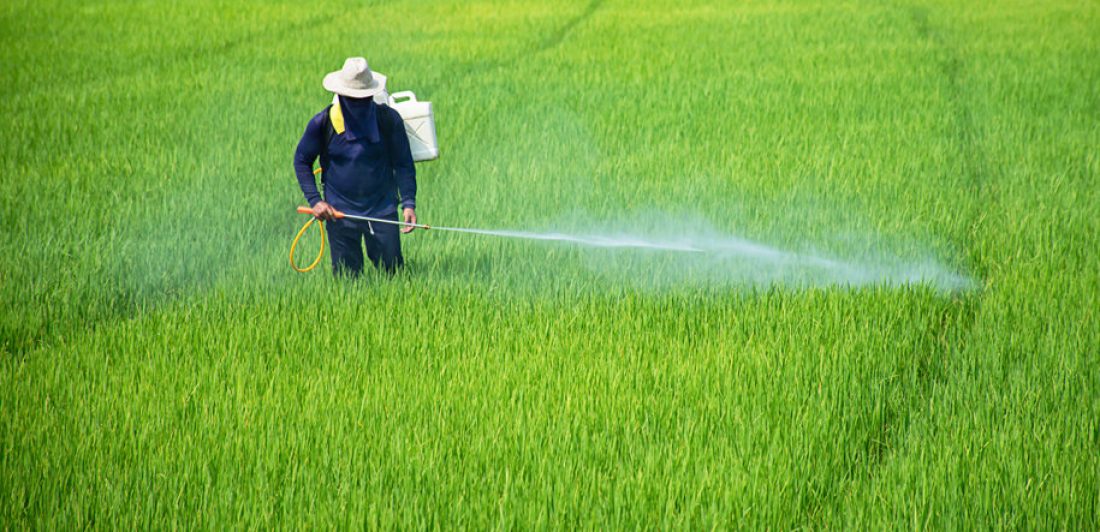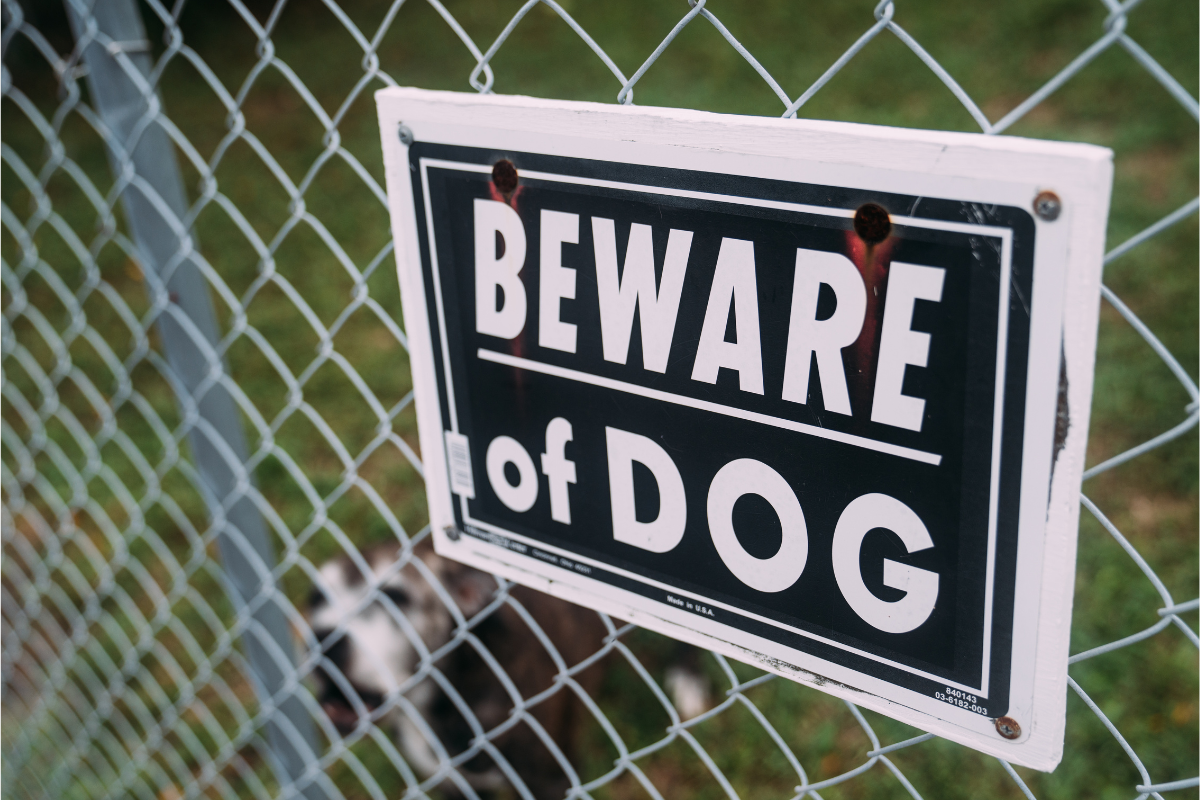For the last couple of years, a new herbicide has been heavily used to control weeds in many agricultural and non-agricultural settings. Considered the “safer” alternative herbicide to Monsanto’s Roundup, Paraquat’s label seems to be misguided to how safe the product is, including having to pass a paraquat certification for use.
What is paraquat?
Paraquat is a popular herbicide used to kill unwanted weeds and grasses and used to replace Roundup, another herbicide. Paraquat is favored as a “safer” alternative to know carcinogenic weed killer. However, the “safe” label is misguided.
Paraquat is highly toxic and can cause short-term and long-term health effects, including fatal. Despite numerous studies linking paraquat to the development of Parkinson’s Disease, the herbicide is still allowed in the United States as a “restricted use” chemical.
Paraquat is found in any of these common brand name weed killers:
- Paraquat
- Blanco
- Bonfire herbicide
- Devour
- Firestorm
- Granaxobn
- Helmquat
- Para-SHOT
- Parazone
- Quil-Quat
There are many trade names of paraquat and manufacturers, including Syngenta and Chevron, which are the subject of many lawsuits. Because of the known dangers of paraquat, it is required to have a certification to use the product.
Why is the EPA taking mitigation measures for the use of paraquat?
In 2016, the EPA noted the illegal transfer of paraquat to beverage containers. This move resulted in accidental ingestions that led to the deaths of 17 people since 2000, with three of the fatalities being children. According to the EPA, one small sip can be fatal because of the high toxicity to humans, and there is no antidote. Since 2000, three deaths and an increased number of severe injuries have been caused by paraquat getting onto the eyes or skin of workers dealing with paraquat.
What falls under the term “use” for paraquat certification?
The new labeling of the products will require anyone who uses paraquat must be a “certified applicator” to use the herbicide. The term “use” includes mixing and loading the pesticide, applying the pesticide and other pesticide-related activities, including transporting or storing opened container cleaning equipment, and disposing of excess pesticides, pesticide containers, and other paraquat-containing materials.
Non-certified individuals working under the supervision of someone who is certified are prohibited from using paraquat, including any of the “use” activities mentioned previously. This is a new change in the label and pesticide use requirement.
What training or paraquat certification is required?
An individual must go through certification to prevent further tragedies from using paraquat. In addition, paraquat-specific training is required by new paraquat labels and must be completed before using products with the new labeling.
Training is reviewed by the National Pesticide Safety Education Center (NPSEC), with Spanish versions of the online training (both Mexican Spanish and Puerto Rican Spanish). Online training can be found by visiting https://npsec.us/paraquat.
In addition to completion, the certified applicator must retain certificates of training completion. A certified applicator may request a copy of a record here.
What does the paraquat training consist of?
All mixers, loaders, handlers, and applicators of paraquat products must go through certification to complete the training. The training must be renewed every three years. The training consists of five key topics:
- The severe toxicity of paraquat through all forms of exposure
- Emphasis on never transferring paraquat into another container
- Examples and consequences of misuse of the herbicide
- What to do in case of accidental exposure
- A summary of what has changed due to the paraquat human health mitigation decision.
Once the training has been completed, the system will generate a certificate as part of the completion process.
What are the dangers if potentially exposed?
According to the EPA, paraquat is “highly toxic to humans; one small accidental sip can be fatal, and there is no antidote”. Once a person ingests or inhales a large amount of paraquat, they are immediately likely to have pain and swelling of the mouth and throat.
People exposed to paraquat may experience:
- Nausea
- Abdominal pain
- Vomiting
- Diarrhea that may be bloody
What should I do if I’ve been exposed to paraquat?
If you believe to have been exposed to paraquat on your clothing or body, safely remove all clothing items, wash your entire body with soap and water, and seek medical care as soon as possible. If you are helping someone else with removing their clothing, avoid touching any contaminated areas, and remove the clothing as quickly as possible.
If you are unsure what part of the items are contaminated, it is in your best interest to wear rubber gloves or put the clothing items in a plastic bag using tongs or a similar object. In addition, anything that touches the contaminated clothing should also be placed in the bag.
However, since ingestion is likely to be the primary route of exposure, if you suspect poisoning, avoid any further ingestion and seek medical attention immediately.
Paraquat links with Parkinson’s disease
There have been studies that link paraquat exposure to Parkinson’s disease. One study published in Environmental Health Perspectives found study participants with Parkinson’s were 2.5 times more likely to have used paraquat or another herbicide called rotenone.
Individuals can be subject to paraquat exposure by:
- Coming to close contact with the pesticide
- Mixing, loading, applying paraquat
- Accidentally getting paraquat on skin or hair.
As of now, there is no cure for Parkinson’s, giving it more reason to practice things that will prevent the disease when possible. With the rise of usage in American crops, there is a probability of more farmworkers getting sick and developing Parkinson’s.
If you are considering a paraquat lawsuit, keep these things in mind:
- There is a deadline to file toxic exposure lawsuits. With this in mind, it is best to report as soon as possible, allowing enough time to have an adequate investigation.
- You may be entitled to seek compensation for your damages, including lost wages, medical costs, pain suffering, and any decline in your quality of life.
- Contact our office to speak to one of our paraquat attorneys to get started on your claim.
How can The Carlson Law Firm help?
If you or a loved one has suffered injury linked to the herbicide paraquat, get in contact with our paraquat lawsuit attorneys. Here at The Carlson Law Firm, we believe it is important to hold accountable giant negligent companies. Contact us today for a free consultation.




